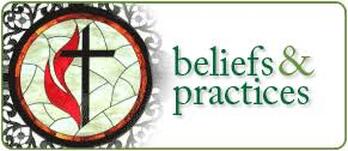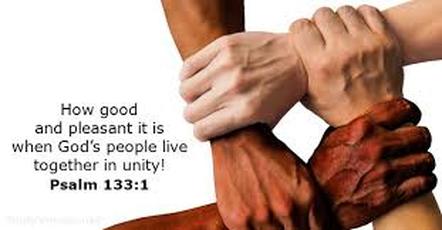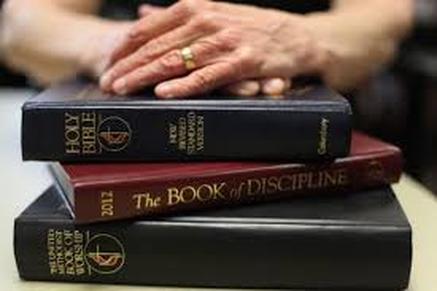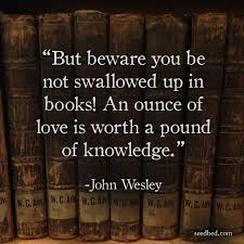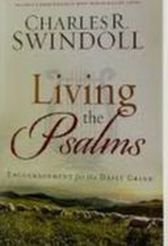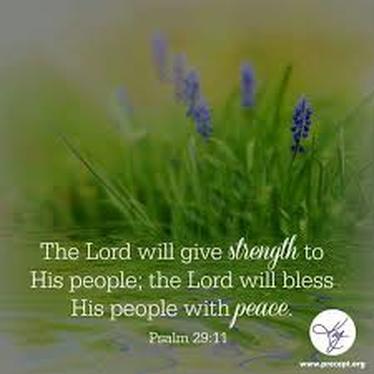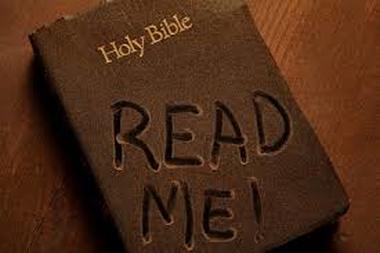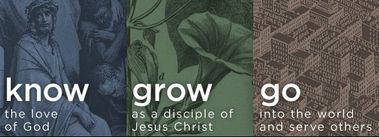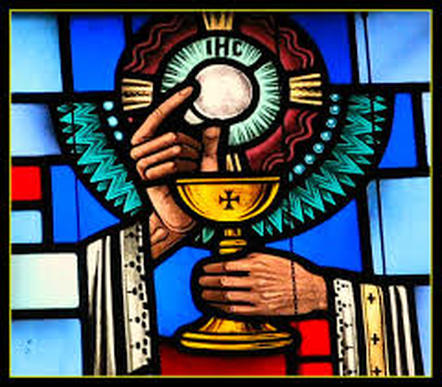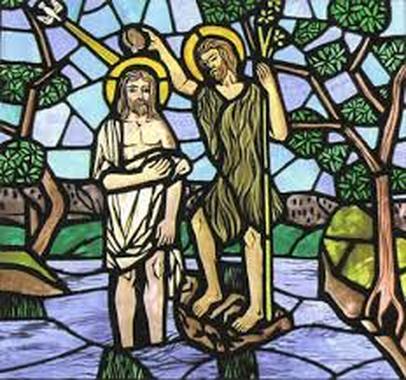The United Methodist Church is a Protestant movement
and traces its roots back to John Wesley,
an Anglican priest in the Church of England in the 1700s.
John and his brother, Charles, intended to revitalize
the Church of England by forming societies of “Methodists”
– so called because the members followed a daily routine
of religious observance and social work.
Methodism first spread to Ireland and then to America
where it officially became its own denomination in 1784.
Today United Methodist membership stands over 11 million worldwide (more than 2 million are outside of the United States).
In the Wesleyan tradition, we follow four main guidelines of our theological task that help us understand and strengthen our faith. These four are interdependent and allow for a variety of personal expression.
- Scripture: What does the Bible say?
- Tradition: What do our traditions, our creeds and past church fathers teach us?
- Experience: What does our experience tell us?
- Reason: Does it make sense?
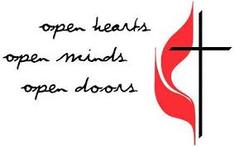
What do we believe?
Part of the mark of being a United Methodist is that we hold a wide range of theological beliefs.
John Wesley said, "As to all opinions which do not
strike at the root of Christianity, we think and let think."
For United Methodists, social consciousness has always gone hand in hand with faith. We believe, with John Wesley, "that the world is our parish." We support mission and justice work locally, regionally and around the world. We cherish an ecumenical tradition and seek to work together with other Christian denominations as well as other religions. We believe in the dignity of each person and the practice of total democracy in our church’s life.
The Book of Discipline, contains our Articles of Faith, various rituals, and the laws of our denomination for the many facets of Christian life, Ordinations, Consecrations and Dedications.
We ordain men and women as pastors, and they may be married. All of the lay committee members that run the local church are elected by the congregation. The congregation also elects lay delegates to the Annual Conference (a gathering of regional or statewide clergy and lay members). Our pastors are appointed to churches by the Bishop (the CEO of the Annual Conference), in consultation with leaders of the local congregations. The intent is to facilitate the wisest match between the clergy and needs of the church.
Being a member in the United Methodist Church means many things to many people. It means involvement in prayer, worship, sacraments, study, Christian action, and giving. It means sharing the work of the local church, ecumenical efforts and teaching about God. It means knowing our commitment to God and to people, that we are called to be God’s ministers in this world and that God is an active and loving part of our lives.
For more information, click here for our denominational website.
Part of the mark of being a United Methodist is that we hold a wide range of theological beliefs.
John Wesley said, "As to all opinions which do not
strike at the root of Christianity, we think and let think."
For United Methodists, social consciousness has always gone hand in hand with faith. We believe, with John Wesley, "that the world is our parish." We support mission and justice work locally, regionally and around the world. We cherish an ecumenical tradition and seek to work together with other Christian denominations as well as other religions. We believe in the dignity of each person and the practice of total democracy in our church’s life.
The Book of Discipline, contains our Articles of Faith, various rituals, and the laws of our denomination for the many facets of Christian life, Ordinations, Consecrations and Dedications.
We ordain men and women as pastors, and they may be married. All of the lay committee members that run the local church are elected by the congregation. The congregation also elects lay delegates to the Annual Conference (a gathering of regional or statewide clergy and lay members). Our pastors are appointed to churches by the Bishop (the CEO of the Annual Conference), in consultation with leaders of the local congregations. The intent is to facilitate the wisest match between the clergy and needs of the church.
Being a member in the United Methodist Church means many things to many people. It means involvement in prayer, worship, sacraments, study, Christian action, and giving. It means sharing the work of the local church, ecumenical efforts and teaching about God. It means knowing our commitment to God and to people, that we are called to be God’s ministers in this world and that God is an active and loving part of our lives.
For more information, click here for our denominational website.
